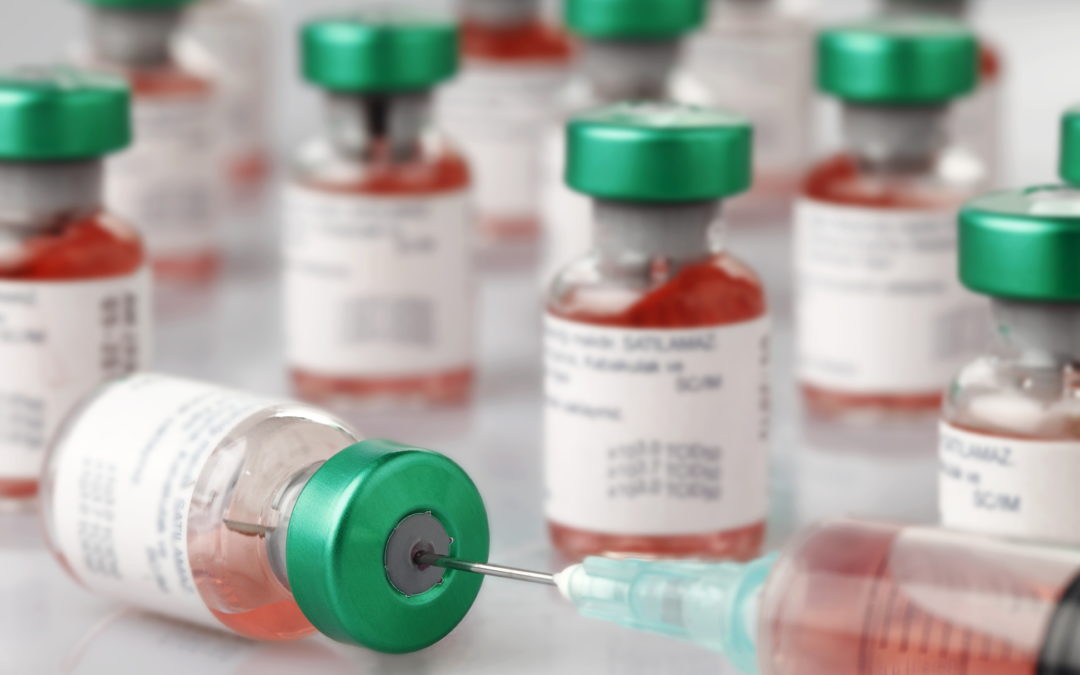No one could possibly have predicted the disruption wrought by the novel coronavirus or the sheer velocity with which it spread around the globe.
Many organizations that had comprehensive pandemic response plans in place discovered they couldn’t implement them quickly enough to get ahead of the accelerating crisis. Countless others saw their carefully crafted business continuity and disaster response plans repeatedly upended by the cascading effects of the virus.
It’s no surprise that traditional, scenario-based crisis plans proved no match for a global pandemic. That’s because Covid-19 wasn’t merely a crisis. It was (and continues to be) a meta-crisis, literally a crisis of other crises, in which virtually every catastrophic scenario an organization conceivably could face—operational, logistical, financial, technological, environmental, you name it—erupted simultaneously and with little warning. The most imaginative disaster movie buff couldn’t have scripted a more perfect storm.
We don’t know yet when the current meta-crisis will end, but one thing is clear: being ready with a well thought-out, thoroughly tested plan for future crises is no longer sufficient. In the wake of Covid-19, leaders should be taking a lesson from the public health experts and also working to build their organizations’ immunity to crisis—biological and otherwise.
They have ample reason to make shoring up weaknesses and narrowing risk exposures a priority, according to a recent World Economic Forum survey of 350 of the world’s leading risk experts. Nearly four in 10 predict companies will see an uptick in cyberattacks and data fraud over the next 18 months as legions of remote workers leave corporate systems more exposed to attack, while almost a third fear another global outbreak of Covid-19 or a different infectious disease. Prolonged disruptions to global supply chains loom large for 42 percent of corporate risk professionals, while nearly half expect tighter controls on the cross-border flow of people and goods to dampen travel and trade for the foreseeable future—a troubling outlook for any company dependent on goods or services from abroad.
The Problem with Planning
Having a crisis solid plan and an arsenal of preapproved messages, media statements and other materials a company can draw from when time is of the essence is more important as ever, to be sure. As strategies go, however, traditional crisis planning has one major flaw. It treats crises as inevitable events that can only be addressed once they happen, after they’ve already begun unleashing disruption. By that point, people, profits and reputation are already in jeopardy and the best anyone can do is fight the fire and hope to contain the damage.
Where crisis planning focuses on limiting damage, crisis immunization looks to avoid damage altogether by keeping the crisis from ever happening. It does this by uncovering and analyzing the root causes of crises—like the brittle supply chains, lack of operational redundancy and overreliance on outsourced labor that caught companies flat-footed as the coronavirus spread and international borders slammed shut—and taking proactive steps to address them and neutralize the risks.
Building a strong crisis immune system can’t guarantee an organization will never face another crisis. But it will have fewer of them and be better prepared for the ones it can’t avoid. As an added benefit, reducing the number and severity of the unexpected problems managers have to deal with will free up time, resources and brainpower that can be put to better use preparing for more extraordinary threats no company can prevent—like that next global pandemic many risk experts predict.
So, how do organizations go about building their crisis immune systems and inoculating against future crises? It’s actually not that different from the things people do (or know we should and lie to our doctors about) to stay healthy and keep the grim reaper at bay, like:
- Getting regular preventative care.
- Developing good habits and a nutritious diet.
- Exercising regularly to build strength and resilience.
- Managing stress and keeping a healthy mindset.
- Buying insurance for protection and peace of mind.
Ready to get started? We’ll kick off our five-part series next week with a look at the power of preventative care, eliminating crisis co-pays and a prescription for the most powerful early-detection system there is. It begins with a complete risk check-up, so hop up on the table and roll up your sleeve. The doctor will be with you next Tuesday.
# # #


Recent Comments